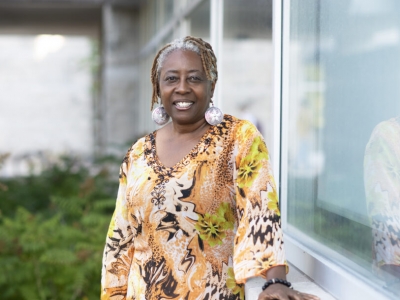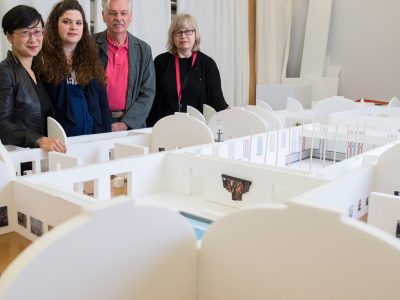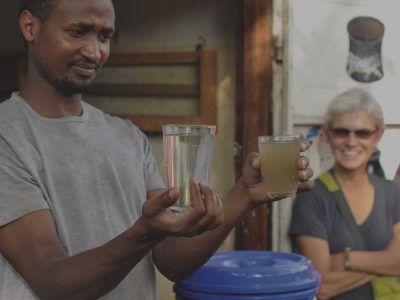By Tyrone Burke
Carleton University researchers are contributing in multiple ways to helping people identify and manage the COVID-19 pandemic. Social media analysis and smart technologies for seniors are two projects yielding results.
“Sentiment analysis is a very powerful tool,” says Mohamed Ibnkahla, NSERC/Cisco Senior Industrial Research Chair in Sensor Networks for the Internet of Things.
“We are able to detect what is happening in real time. Do people need food? Do they need medication? Do people have COVID-19 symptoms, but are not going to the hospital?”
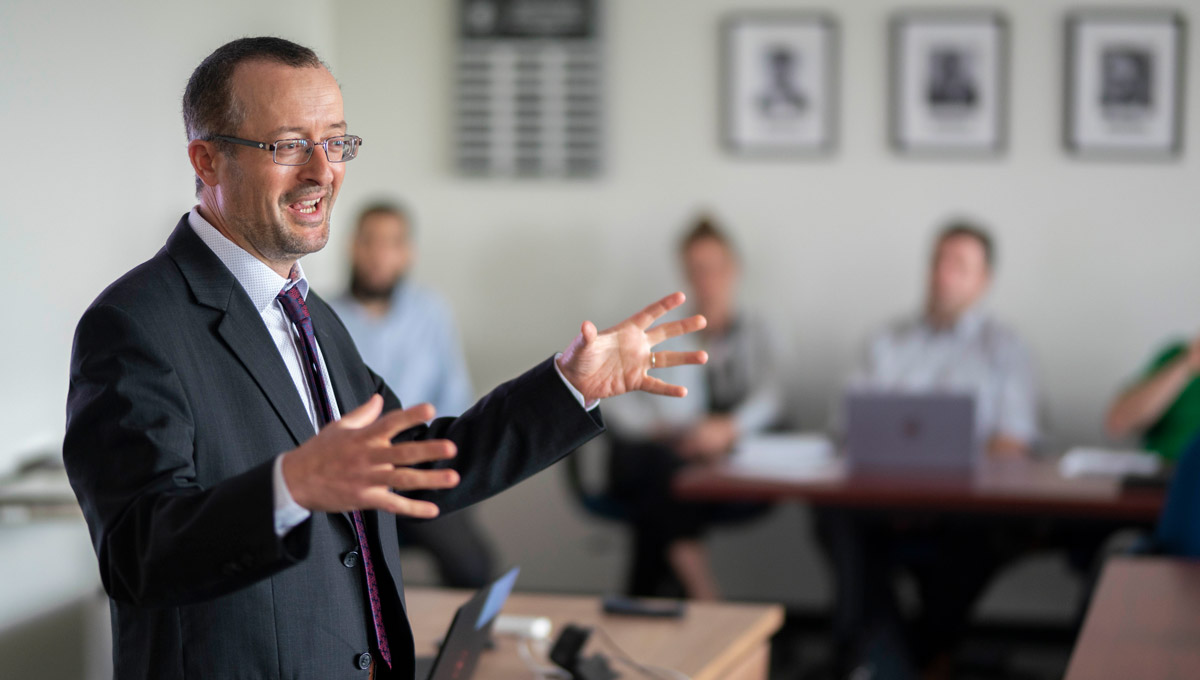
Prof. Mohamed Ibnkahla
Since January, Ibnkahla and his team have been using sentiment analysis to monitor social media in Ottawa. This technique uses an artificial intelligence (AI) algorithm to analyze the text of social posts, and identify people’s concerns and the sources of their anxiety.
In early January, Toronto tech startup BlueDot used sentiment analysis to identify an outbreak of pneumonia in Wuhan before Chinese officials had alerted other countries to the existence the coronavirus. (Learn more here)
Now that the coronavirus is here, sentiment analysis can help understand the impact it is having. It can predict where and when shortages of food or medicine are likely to occur — and identify false rumours that have been gaining traction on social media, so that public health officials can address them directly.
“Not everyone posts on Facebook or Twitter, but we can extrapolate from those who do to identify people’s major concerns. We can even detect the IP address where a post came from,” says Ibnkahla, a professor of Systems and Computer Engineering.
“This means we know where something is happening, and can characterize the specific needs of the population.”
He wants to build a system that will update each morning with sentiment analysis of the local population, so that officials can address the issues of greatest concern.
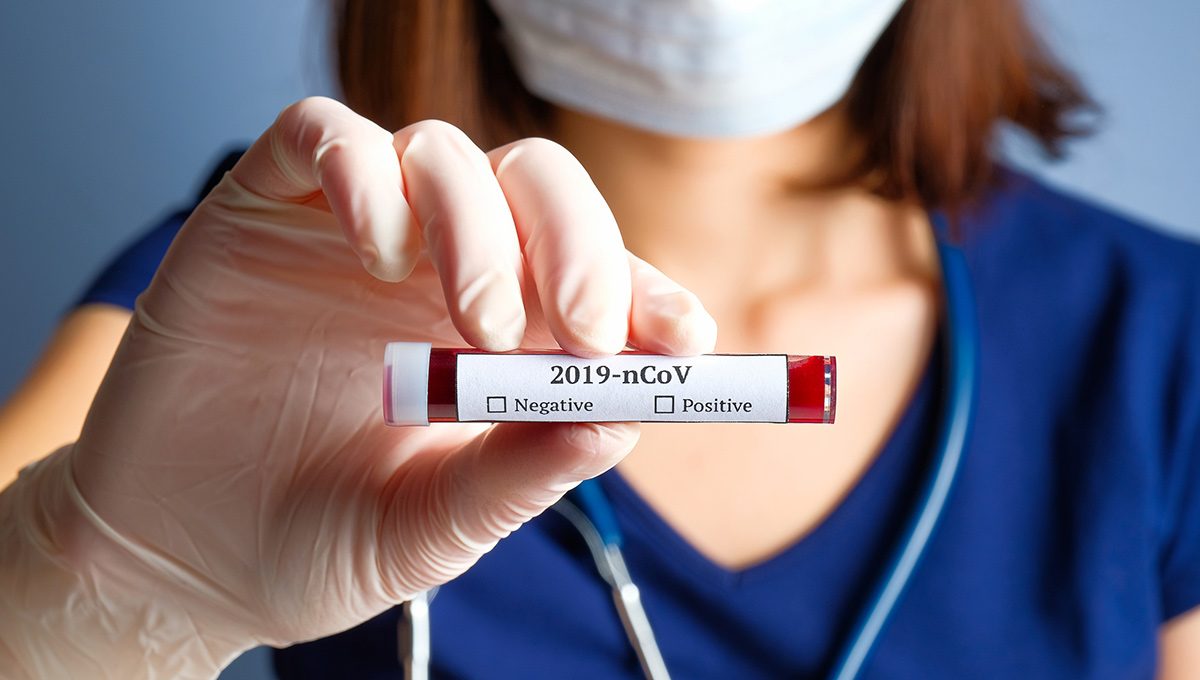
Using Sensors to Keep People Safe
Rafik Goubran, Carleton’s vice-president (Research and International) and a Systems and Computer Engineering professor, is also involved in the effort to combat COVID-19 through his leadership role in the AGE-WELL NCE program.
AGE-WELL’s SAM3 National Innovation Hub, a joint initiative with Carleton and Ottawa’s Bruyère Research Institute, uses “sensors and analytics for monitoring, mobility and memory.”
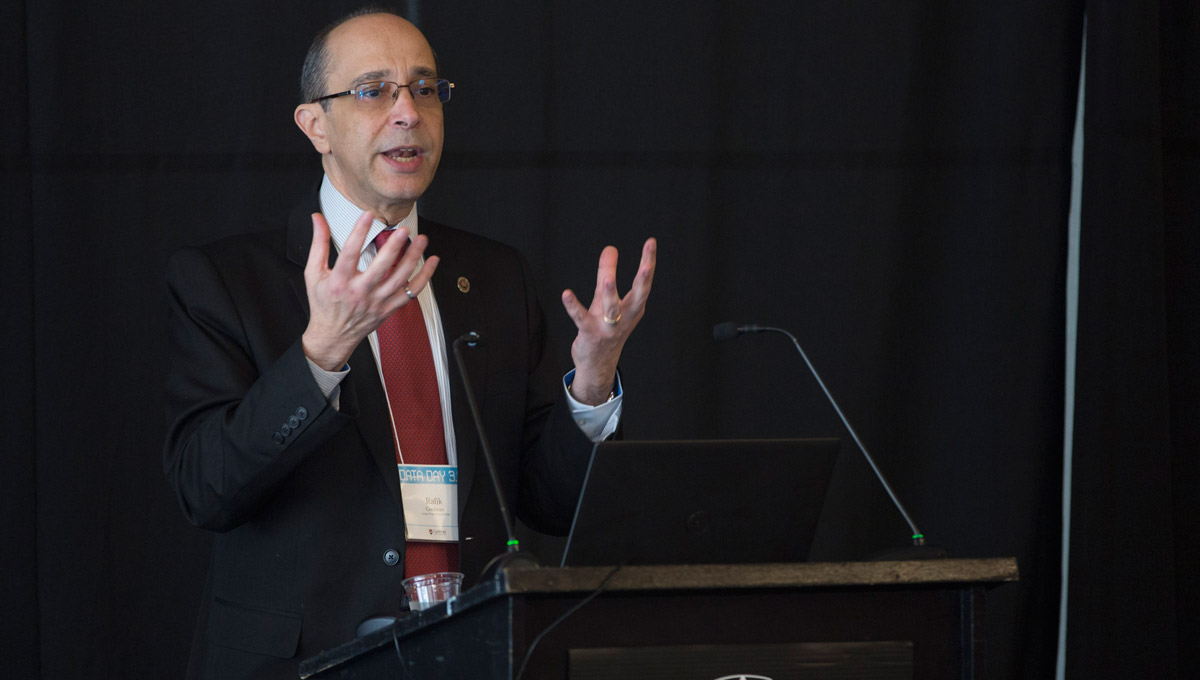
Carleton University Vice-President (Research and International) Rafik Goubran
SAM3 is focused on the creation of sensor-based smart technologies that monitor people’s health and wellness to keep them as healthy, safe and independent as possible.”
The system can monitor daily living activities and vital signs such as body temperature, oxygen saturation, heart rate, blood pressure and weight. Some systems can even monitor coughing.
SAM3’s sensor systems are already being tested in a dozen homes and retirement residences in Ottawa, but there is now a push — in collaboration with partners such as the National Research Council, IBM, TELUS and a dozen other companies, from AI startups to manufacturers — to install the non-intrusive technology in a large number of homes. These solutions will reduce the need for face-to-face medical visits and improve the efficiency of our health-care system.
For example, the solutions will allow public health nurses to “triage” which patients require home visits based on available data, says Goubran, making for more efficient use of nurses’ time and improving service delivery to those who need it urgently.
It will also enable hospitals to release patients recovering from ailments such as hip fractures earlier, freeing up beds and minimizing their risk of infection. And it will allow vulnerable groups, such as people going through chemotherapy or post-operative patients, to stay home instead of going to hospital for routine follow-up appointments.
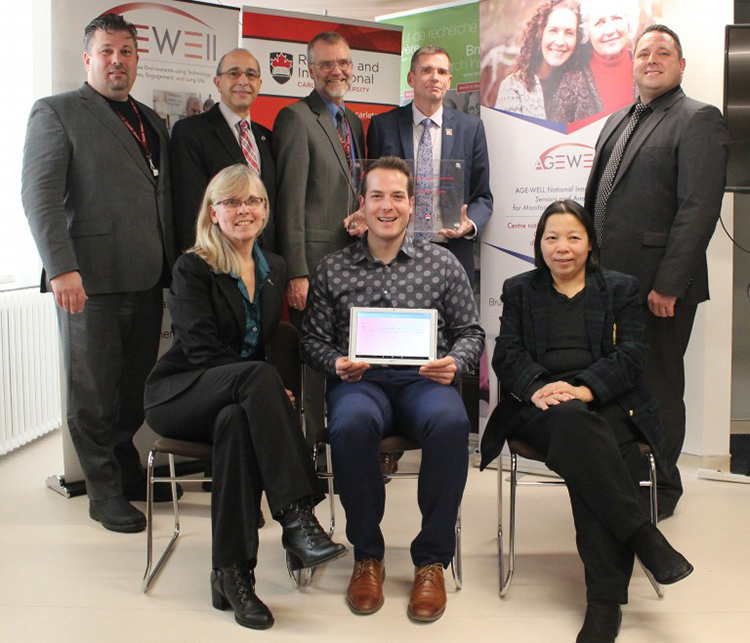
Goubran (back) with other keynote speakers at the SAM3 launch in 2017
“People in the medical community have important problems to solve,” Goubran, an expert in sensors and data analytics and their applications in smart homes, said about AGE-WELL, which is supported by the federal government’s Networks of Centres of Excellence (NCE) program.
“The solutions can be simple from an engineering perspective. And you can have a huge impact on people’s wellness.”
But deploying new technologies will take resources. To develop a new application, Ibnkahla says, would take at least five engineers to get it ready in eight weeks.
“The Trudeau government made a major decision to give more support to universities and researchers,” says Ibnkahla.
“It’s a good initiative, but it’s not enough to do all of the things that we are developing. These things can prevent COVID-19 cases. They can save lives, and also save money, infrastructure and logistics.
“The more the government invests in research, the more they will save, and the better they will be able to better manage everything that’s happening. We need support. We have measured losses in terms of economics and productivity. But productivity is nothing. It is the lives of people that are important.”

